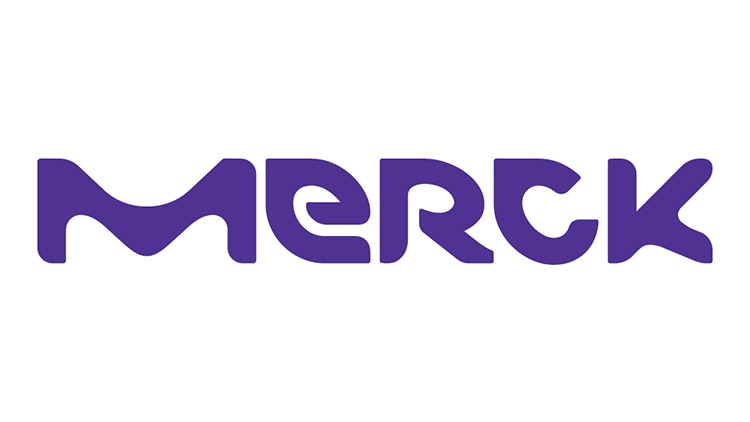25-26 March 2026 - Main days, Lisbon Congress Centre, Lisbon, Portugal,
24 March 2026 - Pre-day forums (Life Science Companies only), FIL (Feira Internacional de Lisboa)
Connecting the Medtech Ecosystem to Bridge Innovation with Capital and Commercial Success
Bridging Medtech Innovation with Capital.
Accelerating Market Access & Global Growth.
Redefining the Future of Medical Technology.
“Unique opportunities for companies, big and small, to help make a difference and improve”
- EVP & President EMEA, Medtronic

What is Medtech Leaders?
Join Europe's premier medtech partnering event connecting breakthrough medical device companies with strategic investors and industry leaders. LSX Europe's Medtech Leaders program features 100+ decision-makers across surgical robotics, AI healthcare, wearables, and women's health technologies.
Expert panels address regulatory navigation (MDR vs FDA), reimbursement strategies, and global expansion pathways. Connect with leading VCs, corporate development teams, and successful entrepreneurs driving medical device innovation across the European healthcare ecosystem.

Snapshot of our 2026 Medtech Speakers
Medical technology innovation, partnerships & investment
Medtech leaders is where medical device companies connect with investors and strategic partners to drive growth.
Market Access & Global Expansion
Regulatory Navigation & Market Entry: Strategic approaches for navigating MDR vs FDA pathways, understanding regulatory timeline implications, evidence requirements, and leveraging regulatory precedents for successful market access
Global Commercialisation Strategies: Comprehensive market entry planning for US positioning, emerging market opportunities across Africa, Latin America, and Southeast Asia, including innovative pricing models and distribution partnerships
Investment & Partnership Strategies
Strategic Funding Approaches: Pre-market investment strategies, right-sizing funding rounds with realistic valuations, milestone-based financing, and alternative funding sources in challenging market conditions
Corporate Partnership Development: Engaging with large medtech companies through strategic partnerships, understanding corporate development evaluation criteria, and positioning for acquisition opportunities with major strategics
Innovation & Technology Leadership
Emerging Technology Applications: Cutting-edge developments in surgical robotics, wearables/remote monitoring, women's health medical devices, and breakthrough innovations in home monitoring technologies
Commercialisation & Outsourcing Strategy: Leveraging external partnerships to derisk commercialisation journeys, selecting optimal development partners, and balancing in-house capabilities with strategic outsourcing for different phases
Snapshot of our 2025 attendees

Ways to Attend
Attend as a delegate
- Hear from industry leaders
- Connect through one-to-one partnering
- Access case studies and discuss strategy
Present your company
- Increase your visibility
- Showcase your innovations
- Attract new investors
Join as an investor
- Access new investment oppertunites
- Find new opportunities for syndication
- Understand the latest developments












